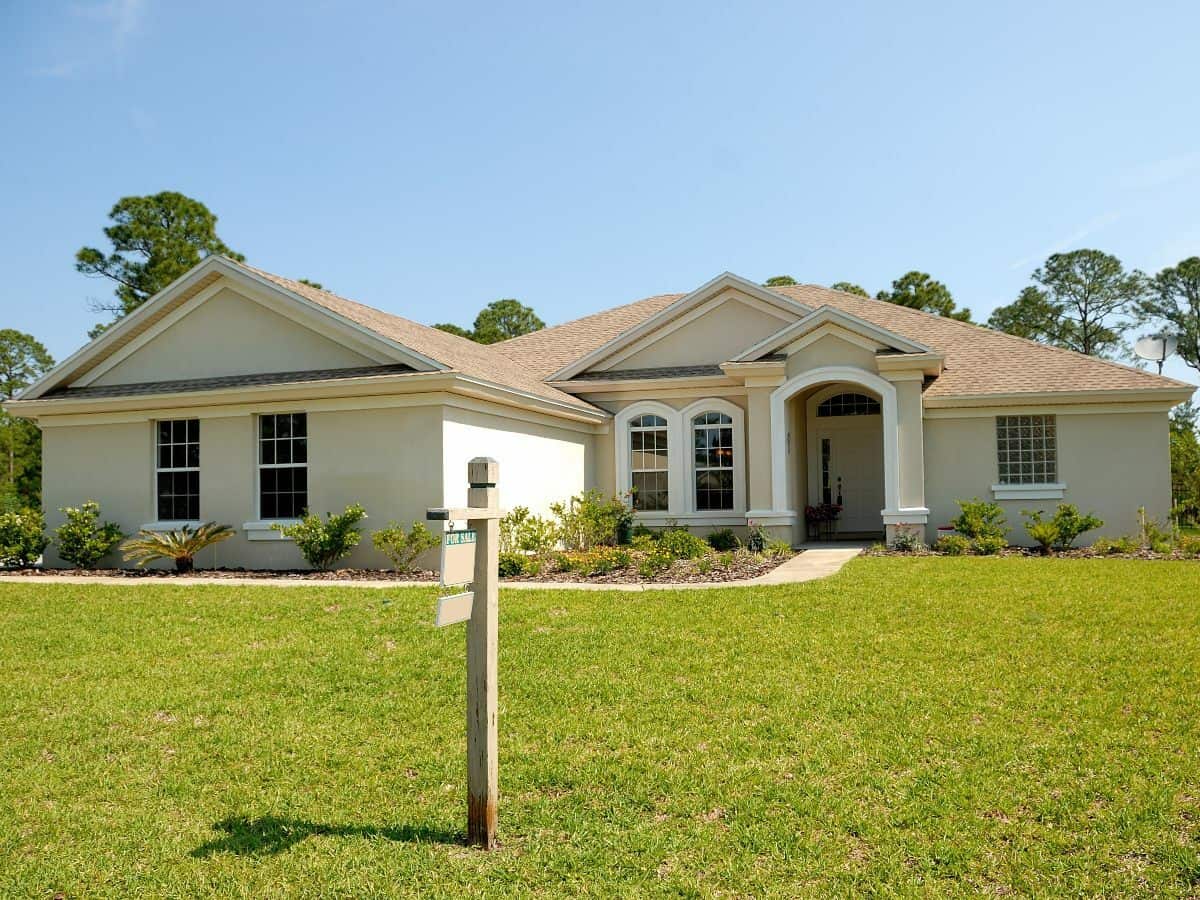Finding insurance can be daunting. There is more that goes into it than just meets the eye. There are six different components in a standard home insurance coverage policy. These cover your home, your belongings, your dwelling and personal liability. Each of these amounts will depend on factors to help detail a coverage amount for an estimation. The best way to figure out how much coverage you should have is by using a home insurance calculator.
What Information Should I Have When Using A Home Insurance Calculator?
For a home insurance calculator to give you a proper estimate you should know these things about your home:
- Zip code of the home that needs to be covered
- The type of home (single-home, duplex, multi-family, townhome, mobile home, or condominium).
- Residency status (full-time, seasonal, vacation home or tenant)
- Square footage in the house
- The type of heating system in the home
- Whether or not you have a basement
- The type of roof
- The year it was built.
These factors will help the home insurance calculator give you the best estimation. Remember, each home insurance has varying policies. Some coverage is just bare-boned, while other coverage is more comprehensive and better for you if your home is damaged. If you’d like to understand all the different types of policies within your home insurance, check out our blog article over policy coverage information.
DIY Home Insurance Calculator
If you’re wanting to do your own estimate, there is a quick way to figure out a rough estimate. Here’s the formula:
Square footage x price per square foot in the zipcode = replacement cost.
Remember, this rate is not guaranteed for the area, but rather a quick way to get an estimation without having to go online.
Know What Can Affect Your Rate
It may seem unfair, but there are certain details that could be affecting your home insurance price. Here are 16 factors that could be costing you more. A website dedicated to insurance outlined these factors,
First, the factors that will negatively affect your rate:
- Dog Breed: Home insurance has a portion due to liability. The liability of owning certain dog breeds can affect your policy, and in worst cases, can affect your ability to be covered. Dog breeds like pit bulls, rottweilers, or doberman pinschers are subject to liability.
- Wood-Burning Stove: Wood burning stove can reduce energy consumption, but they will raise your insurance premiums by an average of 2%.
- Home-Based Business: Home based businesses can offer additional property coverage and limited liability coverage if you run a business out of your home. Or, some insurers offer specific in-home business policies.
- Remodeling: Remodeling raises the home’s value, as it raises the price of the home. This raises the amount of coverage you’ll need.
- Age of Home: The older your home, the more expensive it will be. There’s a higher chance of expensive issues with an older home (think plumbing or foundation issues), so for that reason insurance rates are more expensive.
- Swimming Pool or Hot Tub: Pools and spas are a luxury to have. They are expensive to install, and expensive to insure.
- Older or Damaged Roof? Expect higher premiums.
- Living Far Away From a Fire Station: If you’re far from a fire station, the response time is longer, and more damage can be done to the house.
- Proximity to Body of Water: Remember, standard home insurance doesn’t cover flood damage. There needs to be a separate policy for floods, which can be expensive if your home is close to a coastline, or near a body of water.
- Claims History: If you’ve filed a lot of claims in your past, insurance sees a high likelihood of future claims being made. Knowing this, your rates will increase.

Factors that will positively affect your rate:
- Marital Status: Being married can affect the cost of insurance, but in a positive way. Married couples tend to get a financial break on their insurance.
- Proximity to Fire Station: If you live close to a fire station, your insurance rates will be lower. The closer you are, the less damage to your home from a fire due to response time.
- Roof Condition: New roof, reduced premium.
- Age of Home: The newer the house, the lower the premium.
Factors that just affect your rate, either positive or negative:
- Replacement Cost: This is the amount of money it would cost to completely rebuild your home in case of a total loss (natural disaster or fire).
- Deductible: The deductible is what you pay to the insurance before the insurance company pays for a claim. The higher your deductible, the more money saved on premiums.
- Credit History: Unless you live in California, Maryland, or Massachusetts, insurance companies have access to your credit history when giving you a rate. Lower the score, higher the rate.
- Home Liability Limits: The recommended home liability limit is $300,000. This is due to protecting you in case someone is injured at your home and takes out a lawsuit.
- Insurance Score: This is similar to your credit score. This can affect your premium, or can affect your chances of getting a premium.
Know What To Expect
With all of those factors, you should have a fairly good idea of the coverage that you should have for your home. Using a home insurance calculator is a great resource to understand what to expect in rates. Knowing what to expect can help you make the best possible decision for which insurance company to go with.






